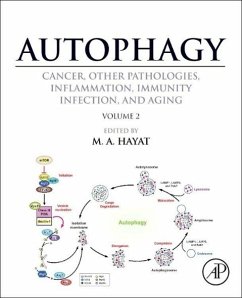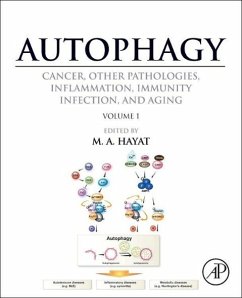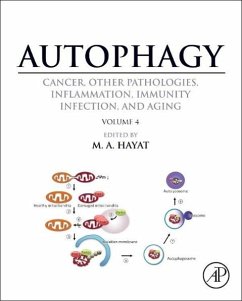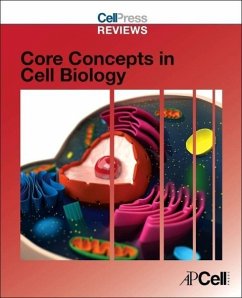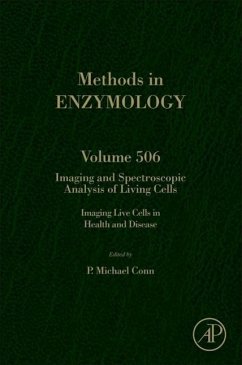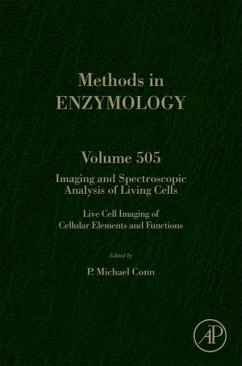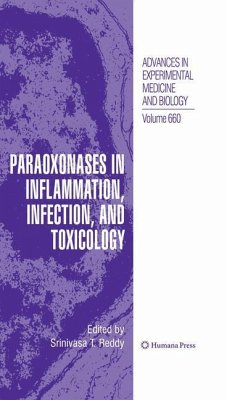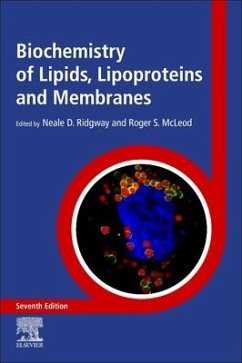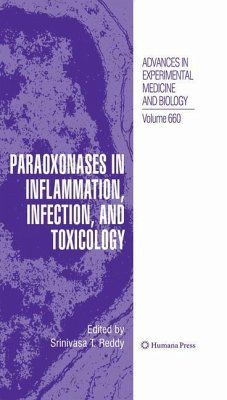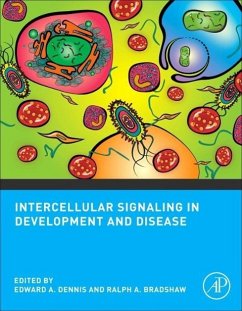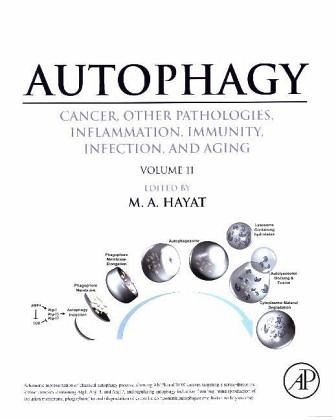
Autophagy: Cancer, Other Pathologies, Inflammation, Immunity, Infection, and Aging

PAYBACK Punkte
65 °P sammeln!
Autophagy: Cancer, Other Pathologies, Inflammation, Immunity, Infection, and Aging is an eleven volume series that discusses in detail all aspects of autophagy machinery in the context of health, cancer, and other pathologies. Autophagy maintains homeostasis during starvation or stress conditions by balancing the synthesis of cellular components and their deregulation by autophagy. This series discusses the characterization of autophagosome-enriched vaccines and its efficacy in cancer immunotherapy.Autophagy serves to maintain healthy cells, tissues, and organs, but also promotes cancer surviv...
Autophagy: Cancer, Other Pathologies, Inflammation, Immunity, Infection, and Aging is an eleven volume series that discusses in detail all aspects of autophagy machinery in the context of health, cancer, and other pathologies. Autophagy maintains homeostasis during starvation or stress conditions by balancing the synthesis of cellular components and their deregulation by autophagy. This series discusses the characterization of autophagosome-enriched vaccines and its efficacy in cancer immunotherapy.
Autophagy serves to maintain healthy cells, tissues, and organs, but also promotes cancer survival and growth of established tumors. Impaired or deregulated autophagy can also contribute to disease pathogenesis. Understanding the importance and necessity of the role of autophagy in health and disease is vital for the studies of cancer, aging, neurodegeneration, immunology, and infectious diseases. Comprehensive and forward-thinking, these books offer a valuable guide to cellular processes while also inciting researchers to explore their potentially important connections.
Autophagy serves to maintain healthy cells, tissues, and organs, but also promotes cancer survival and growth of established tumors. Impaired or deregulated autophagy can also contribute to disease pathogenesis. Understanding the importance and necessity of the role of autophagy in health and disease is vital for the studies of cancer, aging, neurodegeneration, immunology, and infectious diseases. Comprehensive and forward-thinking, these books offer a valuable guide to cellular processes while also inciting researchers to explore their potentially important connections.




